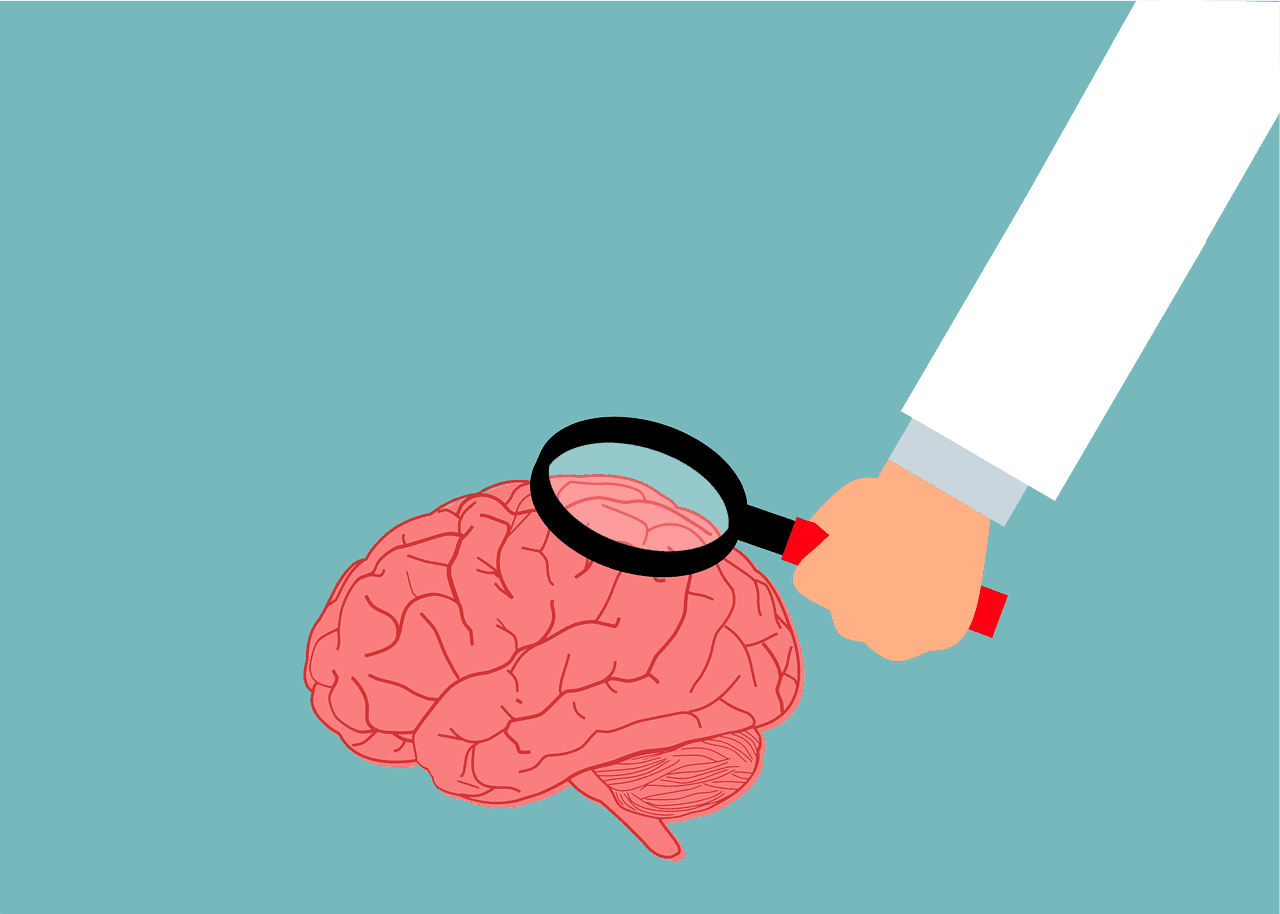Psychological Testing
You might think that psychological testing is only for diagnosing severe mental illness, but it actually serves a much broader purpose. Psychological testing is a valuable tool used to assess and measure various aspects of human behavior, cognition, and personality. It provides insights into an individual’s strengths, weaknesses, and potential areas for growth.
These tests are commonly used in clinical settings to aid in diagnosis and treatment planning, in educational settings to identify learning disabilities and academic strengths, and in career counseling to guide career choices. Understanding the ethical and cultural considerations involved in psychological testing is essential for accurate and meaningful results.
As the field continues to evolve, psychological testing will play an increasingly important role in understanding and supporting human potential.
Key Takeaways
- Psychometric properties measure traits like intelligence, personality, and aptitude.
- Psychological tests help clarify diagnoses and inform treatment plans in clinical settings.
- Psychological testing helps identify and assess learning challenges in educational settings.
- Ethical considerations in psychological testing include informed consent, confidentiality, professional competence, and cultural considerations.
Types of Psychological Tests
You can categorize psychological tests into different types based on their specific purposes and the aspects of human behavior they aim to measure.
One type is the psychometric properties, which focus on the measurement of traits like intelligence, personality, and aptitude. These tests are designed to be reliable and valid, meaning they consistently measure what they’re intended to measure and produce consistent results over time.
Another type is test interpretation, which involves assessing an individual’s responses to the test items to gain insight into their psychological characteristics and behaviors. This type of test aims to provide a deeper understanding of a person’s thought processes, emotions, and behaviors.
Understanding the different types of psychological tests is crucial for selecting the most appropriate assessment tool for a specific purpose. Whether it’s measuring intelligence, personality, or emotional functioning, each type of test serves a unique function in the field of psychological assessment.
It’s important to consider the psychometric properties and test interpretation when choosing and using psychological tests in various settings.
Applications in Clinical Settings
Utilizing psychological testing in clinical settings involves assessing individuals’ psychological functioning and identifying potential mental health concerns. This process plays a critical role in clinical diagnosis and treatment planning.
The following are key applications of psychological testing in clinical settings:
-
Diagnostic Clarity: Psychological tests help clinicians to clarify diagnoses by providing objective data on an individual’s symptoms and functioning, aiding in the accurate identification of mental health conditions.
-
Treatment Planning: These tests inform the development of tailored treatment plans by identifying specific strengths and areas of concern, guiding the selection of appropriate interventions.
-
Monitoring Progress: Psychological testing allows for the ongoing assessment of treatment progress, enabling clinicians to adjust interventions as needed and measure the effectiveness of the chosen treatment approach.
-
Risk Assessment: Tests can assist in evaluating the risk of potential harmful behaviors or self-harm, aiding in the development of safety plans and interventions to mitigate these risks.
-
Informing Referrals: By providing comprehensive information on an individual’s psychological functioning, tests can help in determining the need for and guiding appropriate referrals to specialized mental health professionals or services.
Role in Educational Assessment
Psychological testing plays a crucial role in educational assessment. It helps to identify and assess learning challenges in students. Through the use of standardized tests and assessments, psychologists can provide valuable insights into a student’s cognitive abilities, academic achievement, and potential learning disabilities.
This information is essential for guiding educational interventions and developing tailored support strategies to help students succeed academically.
Assessing Learning Challenges
When assessing learning challenges in educational settings, it’s crucial to utilize psychological testing to gain insight into students’ cognitive abilities and potential barriers to learning. This helps in identifying and understanding the specific learning difficulties a student may be facing.
Cognitive assessment through psychological testing provides a comprehensive evaluation of a student’s intellectual functioning, memory, attention, and executive functioning skills. It also assists in determining the presence of learning disorders such as dyslexia, dyscalculia, and ADHD.
Additionally, psychological testing aids in identifying the strengths and weaknesses of a student’s learning profile, guiding the development of personalized educational strategies. It plays a pivotal role in providing valuable information to educators, enabling them to tailor their teaching methods to better support students with diverse learning needs.
- Identifying specific learning difficulties
- Evaluating intellectual functioning
- Assessing memory and attention
- Identifying learning disorders
- Guiding personalized educational strategies
Guiding Educational Interventions
To guide educational interventions, psychological testing plays a crucial role in identifying specific learning needs and tailoring support for students with diverse learning challenges. Psychological testing assesses behaviors, cognitive abilities, and emotional functioning, providing valuable insights into a student’s strengths and areas needing improvement.
By evaluating a student’s cognitive processes, behavioral patterns, and emotional well-being, educational professionals can develop targeted intervention strategies to address individual learning needs effectively. These intervention strategies may include personalized learning plans, specialized instructional methods, and behavioral interventions aimed at maximizing a student’s potential.
Additionally, psychological testing helps in monitoring the effectiveness of intervention programs by providing objective data to measure progress and make necessary adjustments.
Use in Career Counseling
When considering career counseling, psychological testing can provide valuable insights into an individual’s strengths, interests, and potential areas for development. These tests are designed to assess various aspects of a person’s personality, skills, and preferences to help guide them toward suitable career paths.
Here are some key points to consider when using psychological testing in career counseling:
-
Test interpretation: Understanding how to interpret the results of psychological tests is crucial in extracting meaningful insights about an individual’s career-related attributes.
-
Validity and reliability: It’s essential to ensure that the psychological tests used in career counseling have been validated and are reliable in measuring what they intend to assess.
-
Identifying potential career paths: Psychological testing can assist in identifying potential career paths that align with an individual’s strengths, interests, and values, providing a clearer direction for career exploration.
-
Recognizing areas for development: These tests can also highlight areas where an individual may need further skill development or training to excel in their chosen career field.
-
Enhancing self-awareness: Psychological testing can enhance self-awareness by uncovering strengths and weaknesses, leading to more informed career decisions.
Utilizing psychological testing in career counseling can be a valuable tool in helping individuals make well-informed decisions about their professional paths.
Ethical Considerations
You should consider ethical guidelines when using psychological testing in career counseling to ensure the fair and responsible treatment of individuals.
Informed consent is crucial, as clients must fully understand the nature and purpose of the psychological tests being administered, as well as any potential risks or benefits.
It’s important to maintain confidentiality by safeguarding the test results and any other personal information shared during the testing process.
Professional competence and integrity are essential for ethical practice in psychological testing. This involves using tests that are appropriate for the individual’s cultural background and ensuring that the results are interpreted accurately. Additionally, psychologists must be honest and transparent about their qualifications and any limitations in their expertise.
Upholding ethical standards in psychological testing is fundamental to protecting the well-being and rights of individuals seeking career counseling. It fosters trust and respect in the counselor-client relationship, ultimately contributing to the integrity of the testing process.
Cultural Considerations
Consider cultural background when selecting and interpreting psychological tests in career counseling to ensure relevance and accuracy for the individual’s experiences and perspectives.
It’s essential to approach psychological testing with cultural competence and diversity awareness to avoid potential biases and misinterpretations.
When considering cultural factors, keep in mind the following:
-
Language proficiency: Ensure that the individual has a strong command of the test language to accurately reflect their cognitive abilities.
-
Cultural norms and values: Take into account the cultural context in which the individual was raised to understand their behaviors, attitudes, and beliefs.
-
Socioeconomic status: Consider the impact of socioeconomic factors on the individual’s access to education and resources, which can influence test performance.
-
Acculturation: Assess the individual’s level of acculturation to understand the potential influence of assimilating into a different culture.
-
Communication styles: Recognize that communication styles may vary across cultures, impacting the individual’s responses during testing.
Future of Psychological Testing
The future of psychological testing involves incorporating advanced technologies to enhance assessment accuracy and efficiency. Impact on technology is expected to revolutionize the field, with the integration of artificial intelligence, machine learning, and big data analytics. These technological advancements will enable the development of more precise and personalized assessment tools, leading to more effective diagnosis and treatment planning.
Evolving methodologies in psychological testing will also involve the utilization of virtual reality and augmented reality to create immersive assessment environments, allowing for a more comprehensive understanding of individuals’ psychological functioning.
Furthermore, the future of psychological testing will likely see the increased use of mobile applications and wearable devices for continuous monitoring and assessment of individuals’ psychological well-being in real time. These tools will provide valuable data for mental health professionals, enabling them to track changes in mood, behavior, and cognitive functioning more accurately.
As technology continues to advance, the future of psychological testing holds great promise in improving the overall quality and effectiveness of psychological assessments.
Conclusion
In conclusion, psychological testing is like a compass, guiding individuals through the complex terrain of their minds. It serves a variety of important purposes, from clinical diagnosis to educational planning to career guidance.
However, ethical and cultural considerations must always be kept in mind to ensure the tests are reliable and fair.
As technology advances, the future of psychological testing holds great potential for even more accurate and personalized assessments.







